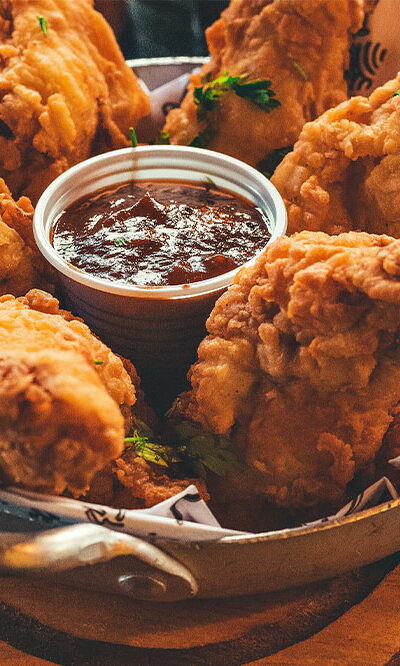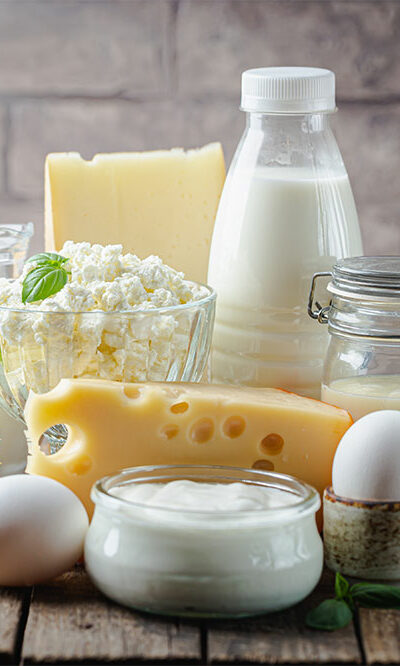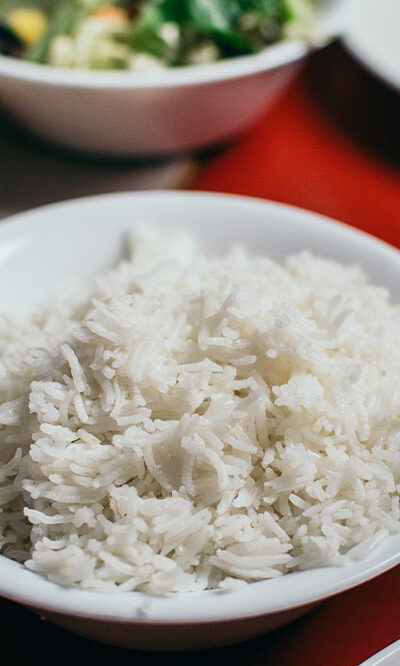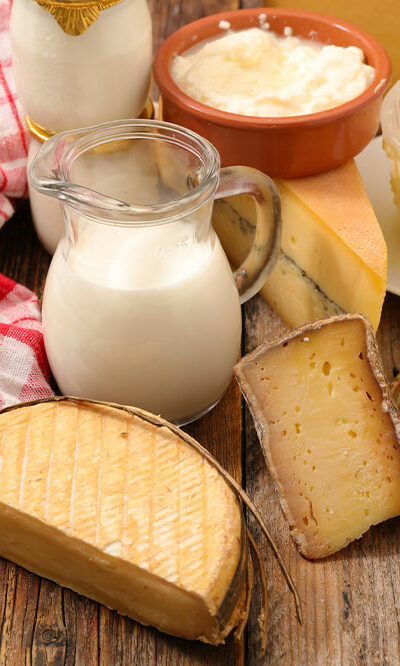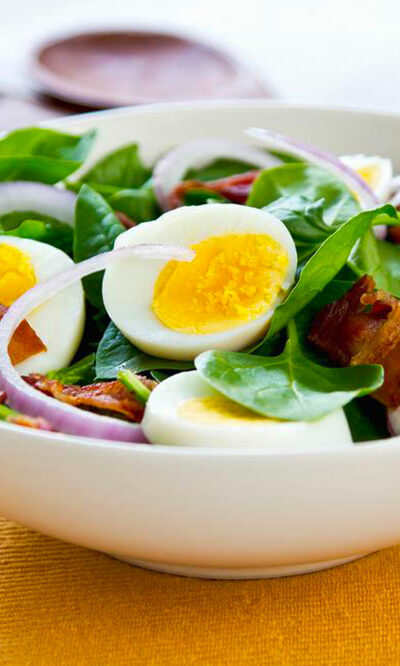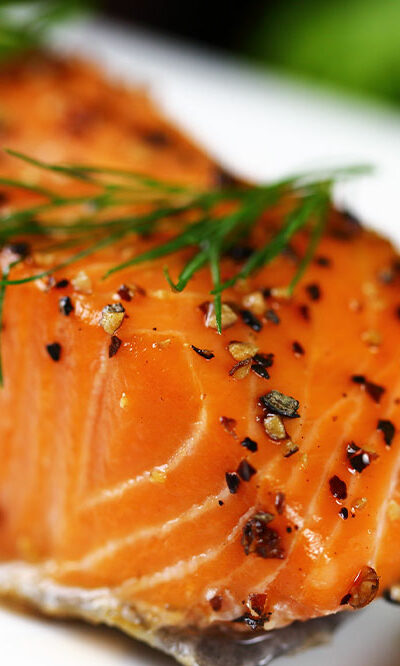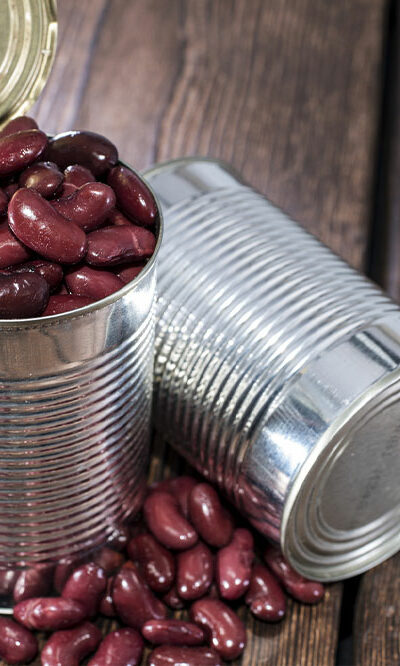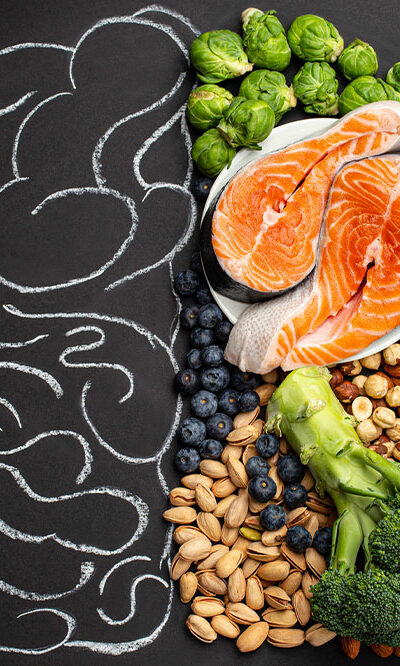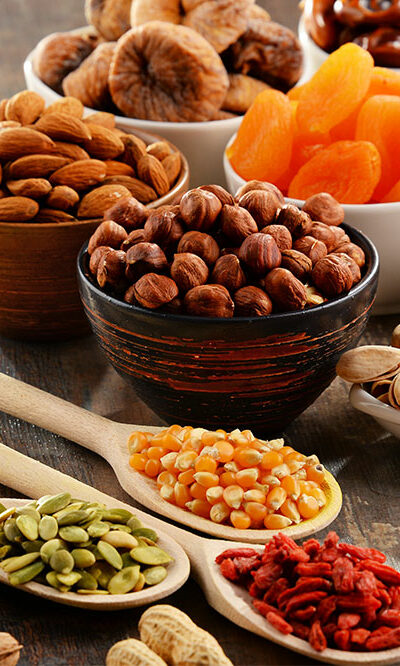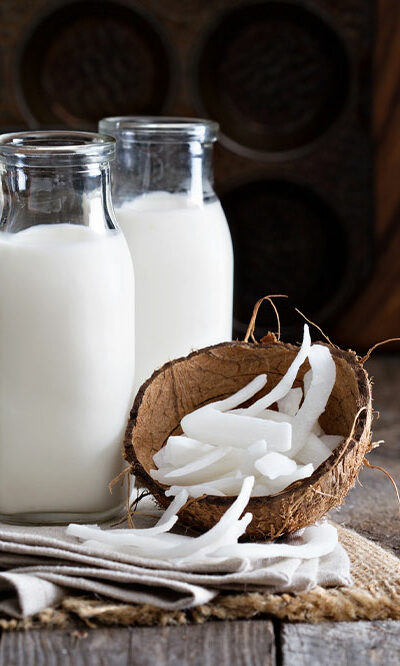
Top 4 foods that help manage eosinophilic esophagitis
Eosinophilic esophagitis is a chronic inflammatory immune condition that causes eosinophils to build up in the esophagus lining. This build-up can lead to symptoms such as trouble with swallowing food, allergic reactions, chest pain, and more. The condition is caused mainly due to allergic reactions to outside food substances. This is why it is important to avoid certain types of food and food allergens and instead opt for a few healthy alternatives such as: Dairy-free alternatives Dairy products such as milk, cheese, butter, ghee, etc., should be avoided to manage eosinophilic esophagitis, as dairy products are common food allergens. Long exposure to these foods could lead to the development of eosinophilic esophagitis. Individuals who have EoE should switch to dairy-free alternatives instead of dairy products. They can try milk substitutes from coconut, hemp, and even rice. Moreover, dairy-free cheese and yogurt give the essential nutrients a body requires for smooth functioning. Nuts Nuts are also a big no-no when it comes to eosinophilic esophagitis. Those with this condition should avoid nuts like peanuts and cashews. They should also avoid nut butter, nut-based foods, and nut milk. That said, some nuts are safe for consumption, even with eosinophilic esophagitis. These include macadamia nuts and pine nuts. Seeds are comparatively safe, and those with eosinophilic esophagitis can have sunflower seeds, pumpkin seeds, sesame seeds, and more to their meals. Coconut is also a safe food and can be added to meal plans. It is recommended to check in with a healthcare professional about what food works and what doesn’t. Gluten-free grains and foods Grain allergies occur when the body’s immune system reacts to certain proteins. These proteins could also trigger eosinophilic esophagitis if consumed for a long period of time. Grain allergies are typically caused due to the protein known as gluten which is found in wheat and other grains.
